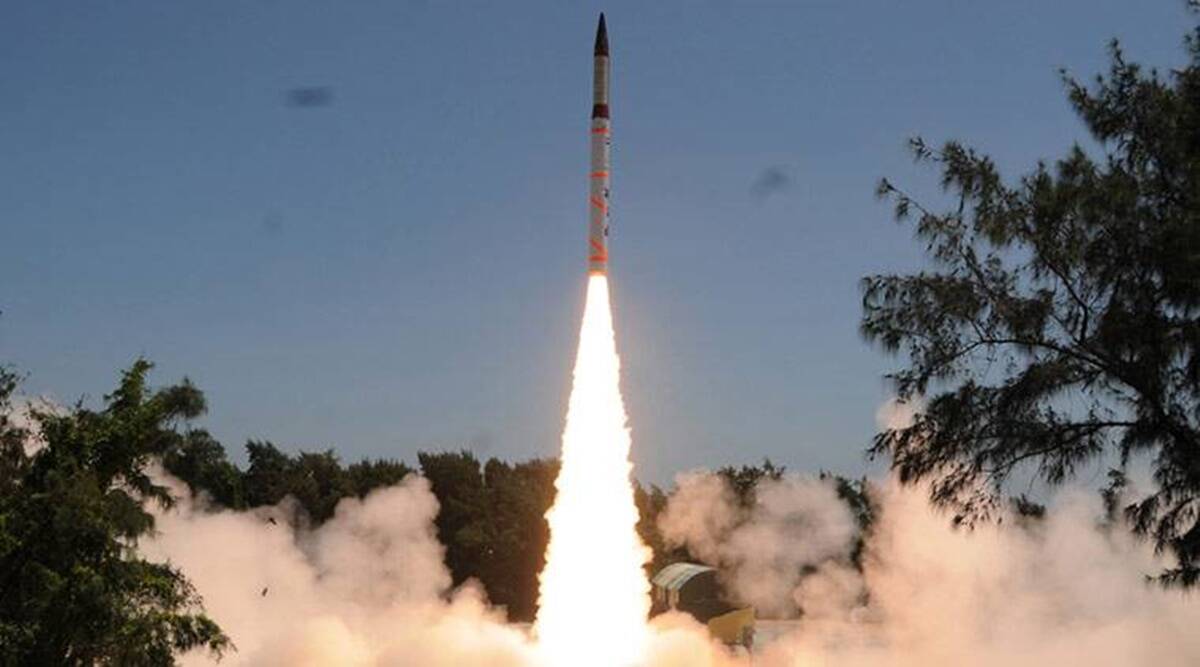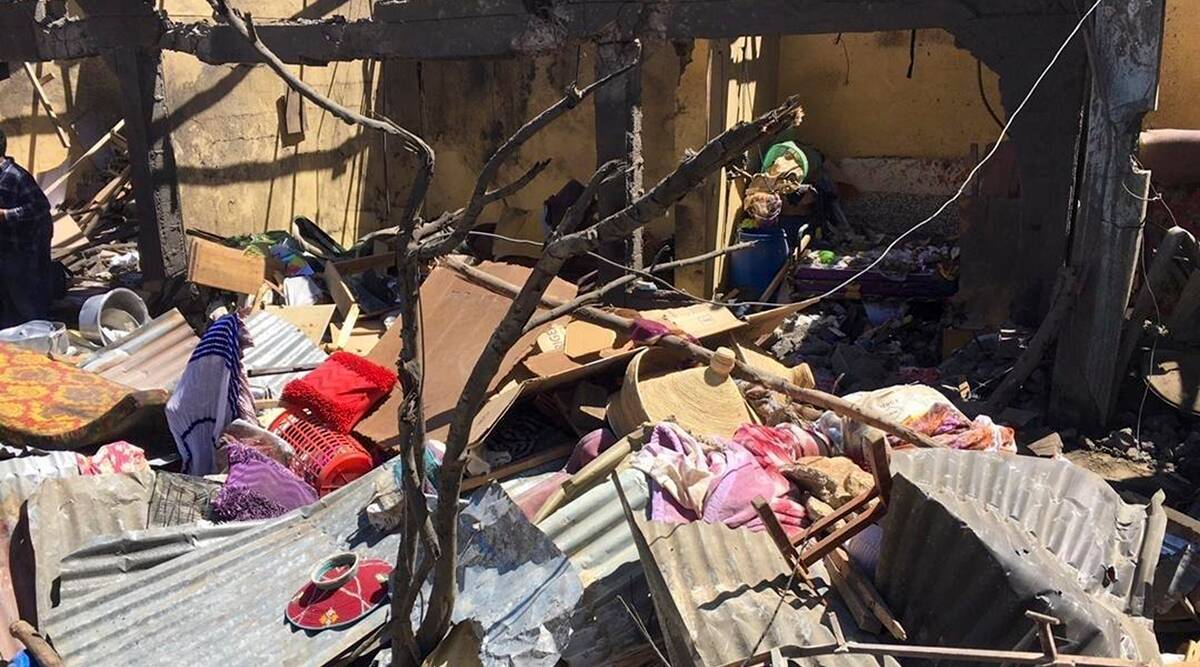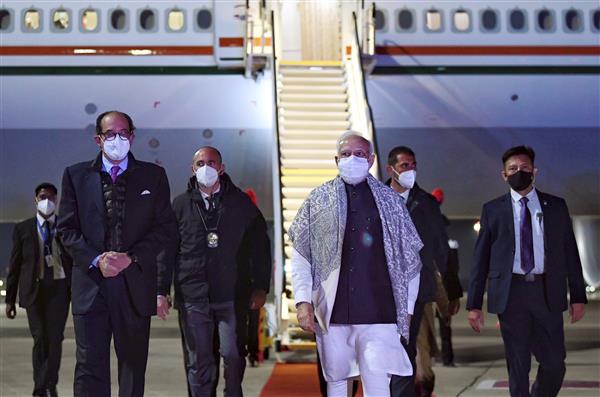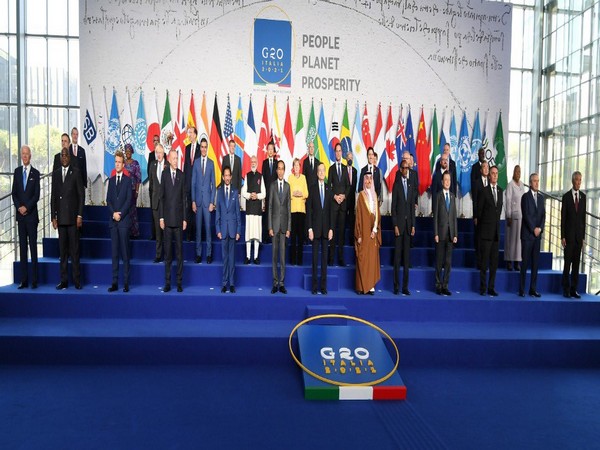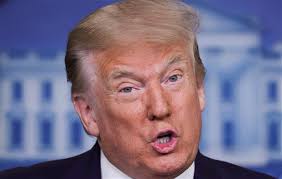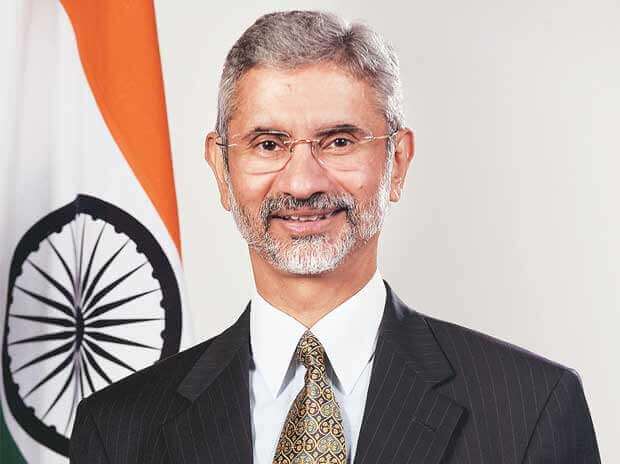
05/26/2025
New Delhi, May 26: India and Pakistan were never on the brink of nuclear conflict during their recent military clash, Indian External Affairs Minister Dr S Jaishankar said in an interview with German newspaper Frankfurter Allgemeine Zeitung, challenging Western assumptions about South Asia and dismissing US claims of brokering the ceasefire.
Asked whether the world had the US to thank for the May 10 ceasefire, Jaishankar credited India’s armed forces instead. “The cessation of firing was agreed between the military commanders of both sides through direct contact,” he said. “The morning before, we effectively hit and incapacitated Pakistan’s main airbases and air defence system. So, who should I thank for the cessation of hostilities? I thank the Indian military because it was the Indian military action that made Pakistan say: We are ready to stop.”
The transcript of Jaishankar’s full interview was shared by the MEA.
India and Pakistan agreed on a ceasefire after three days of cross-border hostilities. On May 7, India launched airstrikes under “Operation Sindoor” on terror infrastructure in Pakistan and Pakistan-occupied Kashmir, in retaliation for the Pahalgam terror attack that killed 26 civilians. Pakistan responded by launching hundreds of drones at Indian military installations and civilian areas. India then targeted Pakistani military facilities, causing heavy damage. Soon after, Pakistan’s military reached out to India and a ceasefire was agreed upon.
While the Donald Trump administration has publicly taken credit for facilitating the ceasefire — with Islamabad also thanking Washington DC — New Delhi has maintained that it was a bilateral decision between the two neighbours.
Jaishankar said US Secretary of State Marco Rubio and Vice President JD Vance had expressed concern but played no direct role in negotiations. “We made one thing very clear to everybody who spoke to us, not just the US but to everybody, saying if the Pakistanis want to stop fighting, they need to tell us. We need to hear it from them. Their General has to call up our General and say this. And that is what happened,” he said in an earlier interview with Dutch broadcaster NOS
Asked if the ceasefire returned the region to pre-conflict conditions, Jaishankar said the message to terrorists was unambiguous: there would be consequences. “We have sent a clear signal to the terrorists that there is a price to be paid for carrying out such attacks, as they did on us in Kashmir in April. The firing was then started by the Pakistani military. We fired back in self-defense and once the Pakistanis understood that they were taking a harmful course, we were able to stop firing. This situation has not changed for two weeks, that is the status.”
When the interviewer asked, “How far away was the world from a nuclear conflict between India and Pakistan?” Jaishankar expressed disbelief. “Very, very far away. I’m frankly astonished by your question. We have terrorist targets. Those were very measured, carefully considered and non-escalating steps. After that, the Pakistani military opened fire on us. We were able to show them that we could disable their air defence systems. Then the firing stopped at their request.”
“At no point was a nuclear level reached,” he added. “There is a narrative as if everything that happens in our part of the world leads directly to a nuclear problem. That disturbs me a lot because it encourages terrible activities like terrorism. If anything, much more is happening with the nuclear issue in your part of the world.”
The minister was also asked whether China played any role in the conflict. “You know, many of the weapons systems that Pakistan has are of Chinese origin and the two countries are very close. You can draw your own conclusions from that,” he replied.
On questions regarding India’s ties with Russia and its stance on the Ukraine war, Jaishankar pushed back strongly against Western expectations. “Relationships do not develop because one partner simply adopts the concerns of the other as their own. Relationships are built on finding common ground. For you in Europe, other concerns and worries are important than for me in Asia. When you think of conflict, you think of Ukraine. When I think of conflict, I think of Pakistan, terrorism, China and our borders. Our perspective cannot be the same.”
When the interviewer pressed him further on Russia’s violation of international law, Jaishankar responded: “As soon as you bring a rule or norm into play, it is again linked to the situation that is your priority. You talk about rules and think of Ukraine. I talk about rules and I think of my own borders, of Pakistan, which has violated my borders, and China, which has done the same. So when you talk about borders and territorial integrity, I ask you: What about my borders?”
As the interviewer continued to challenge India’s alignment with Moscow, the minister hit back by highlighting European ties with Pakistan. “My neighbour Pakistan has caused every conceivable problem under the sun — from nuclear weaponisation, to the transfer of nuclear technology to irresponsible partners, to terrorism. But doesn’t Germany also do business with Pakistan?”-Agencies
